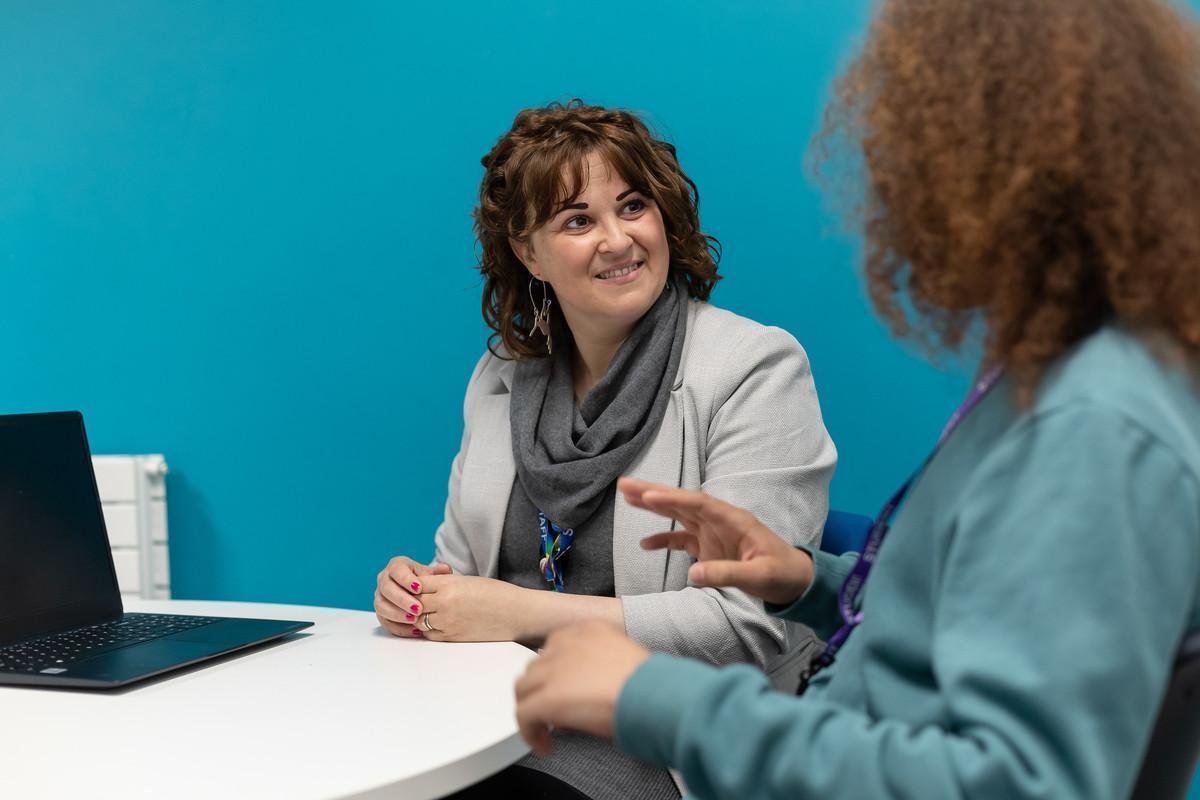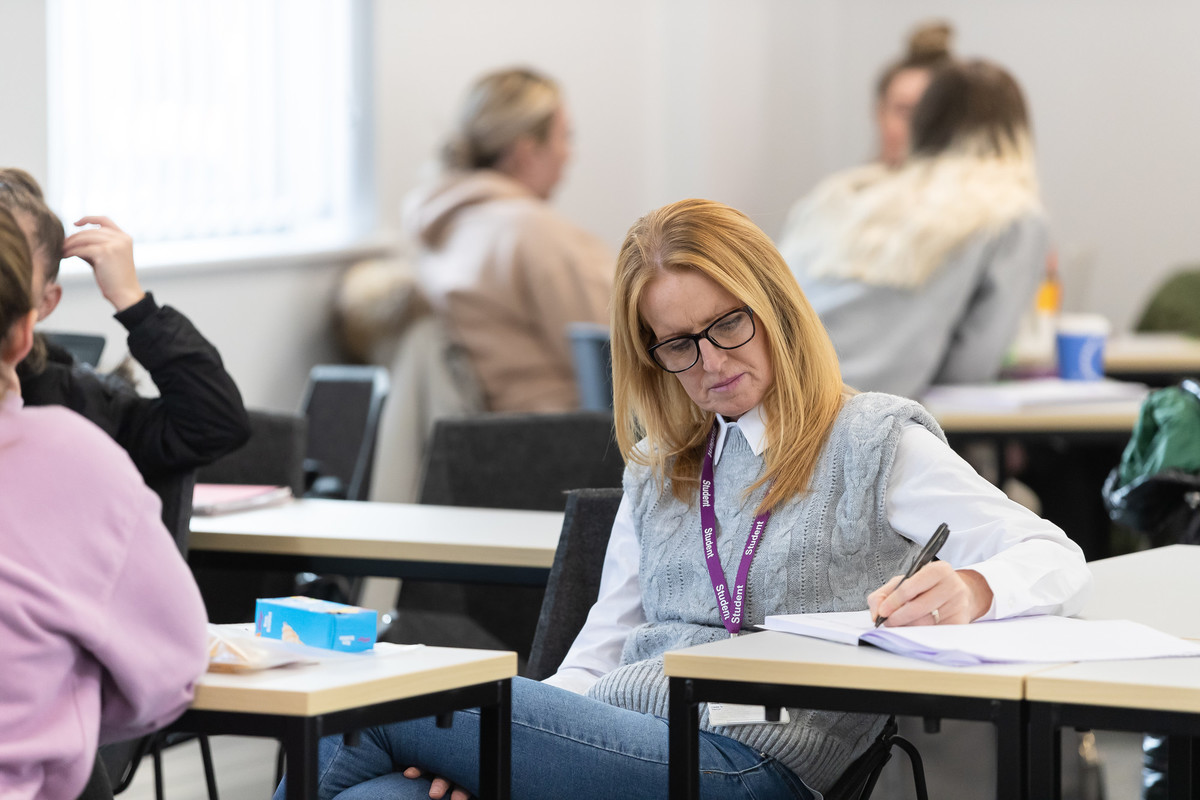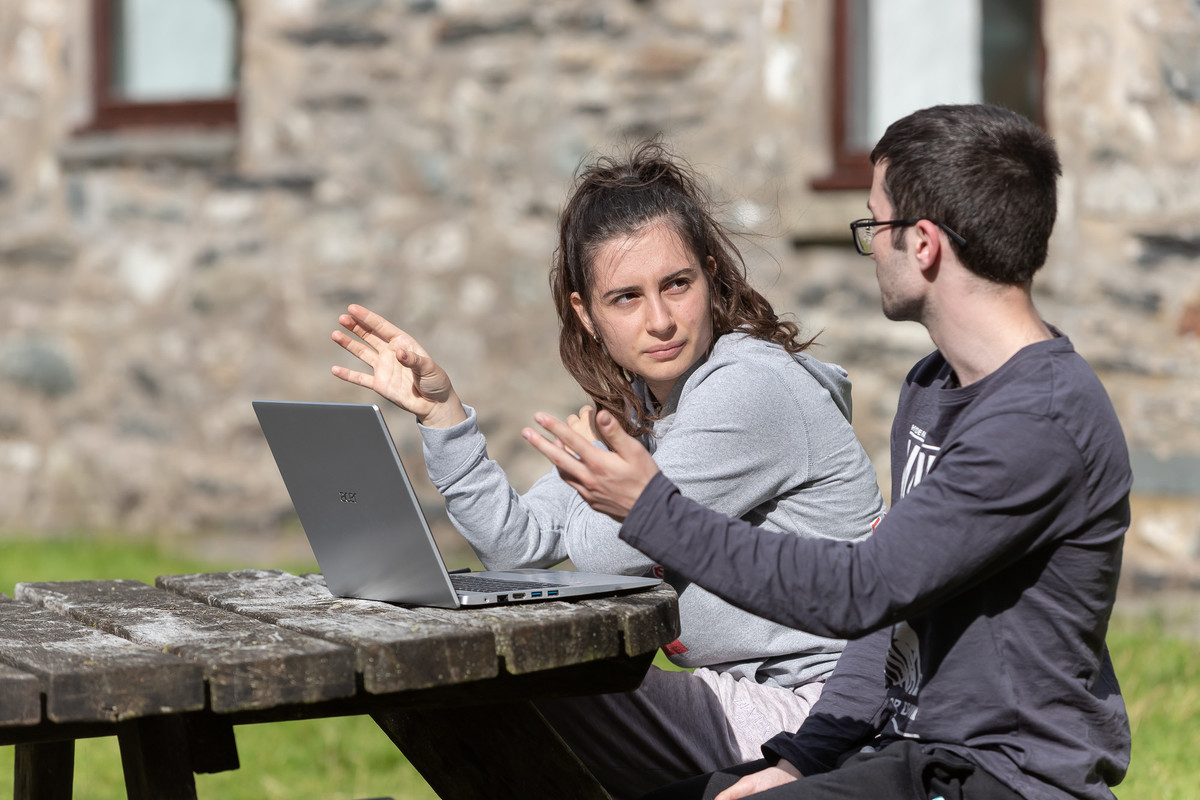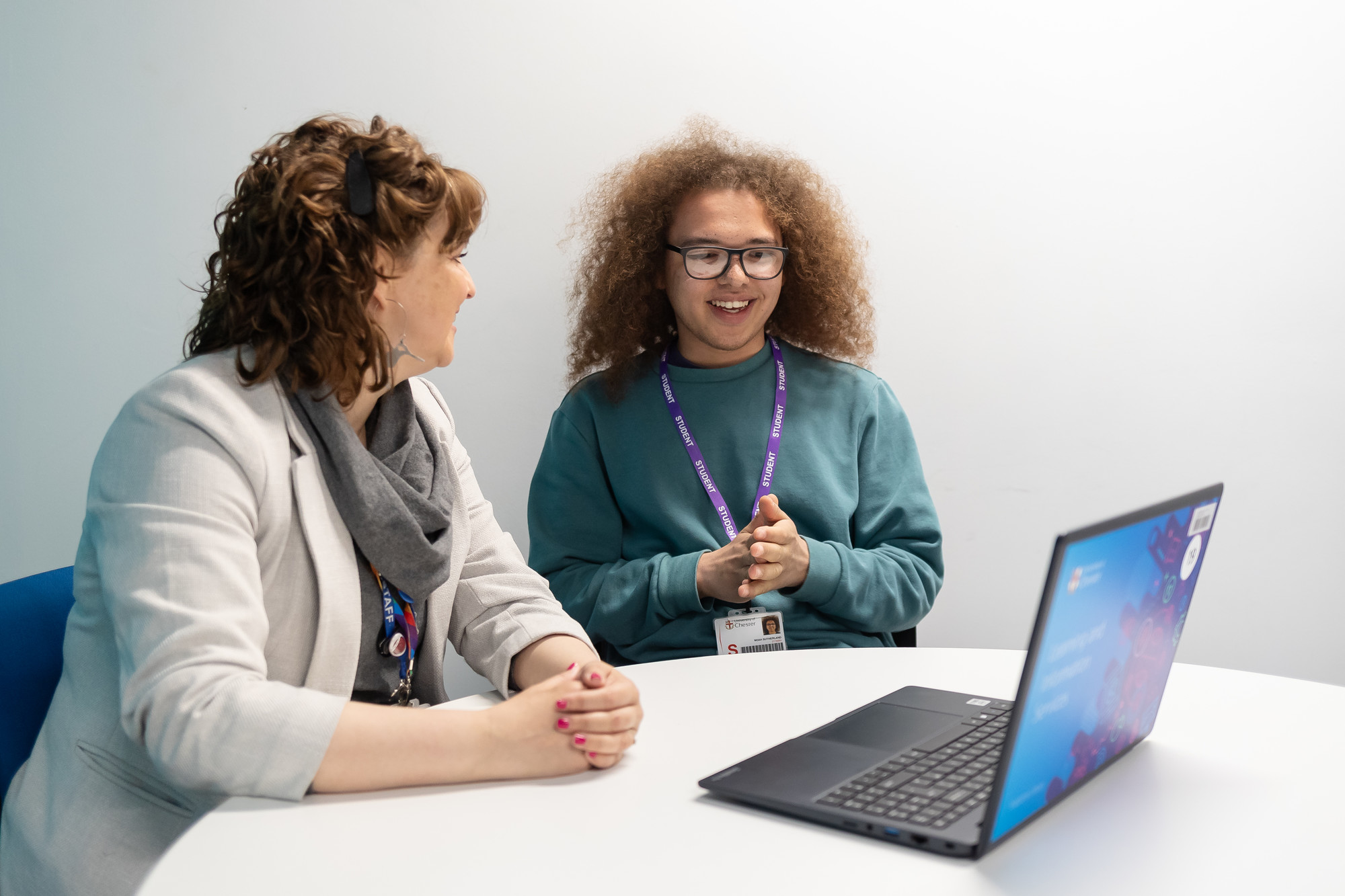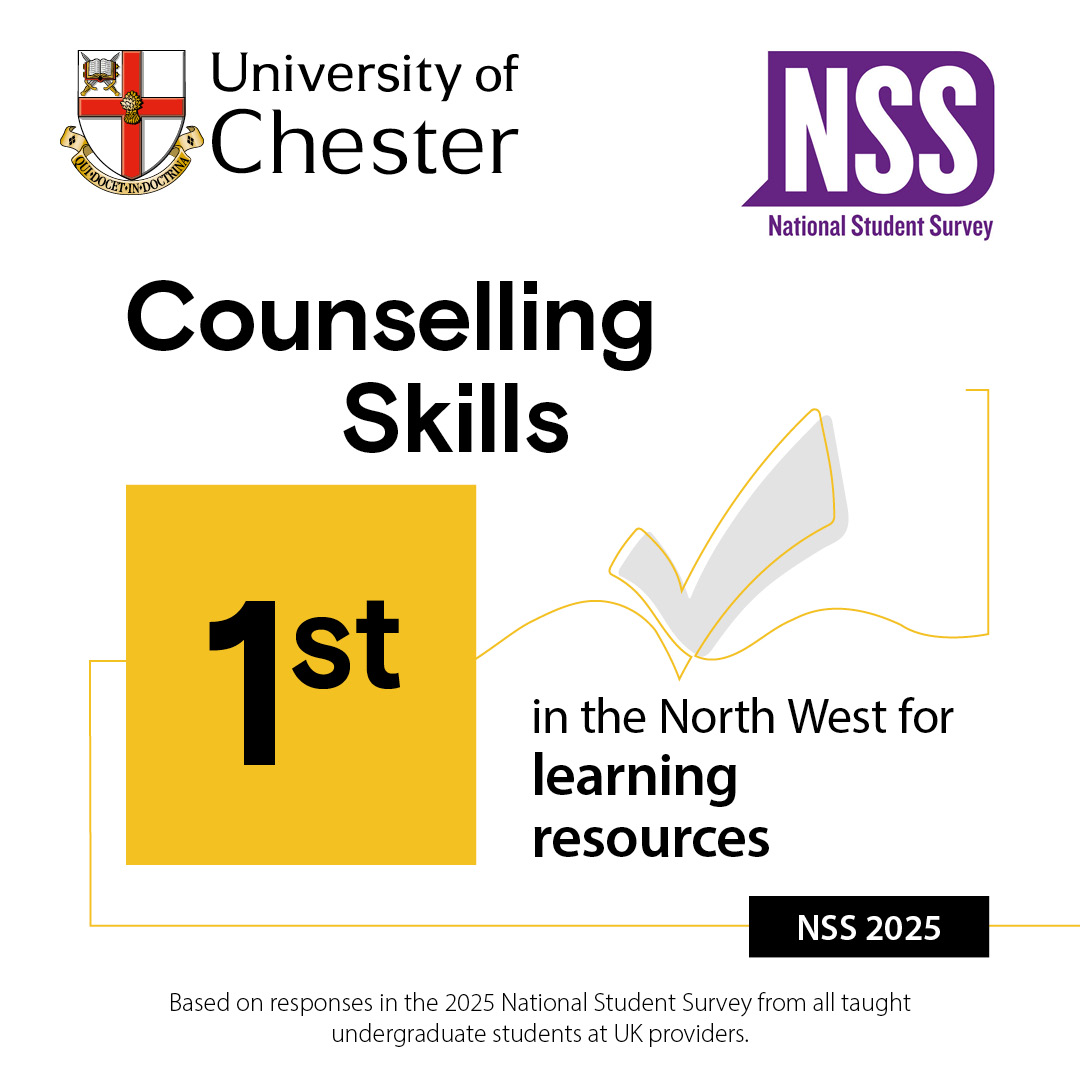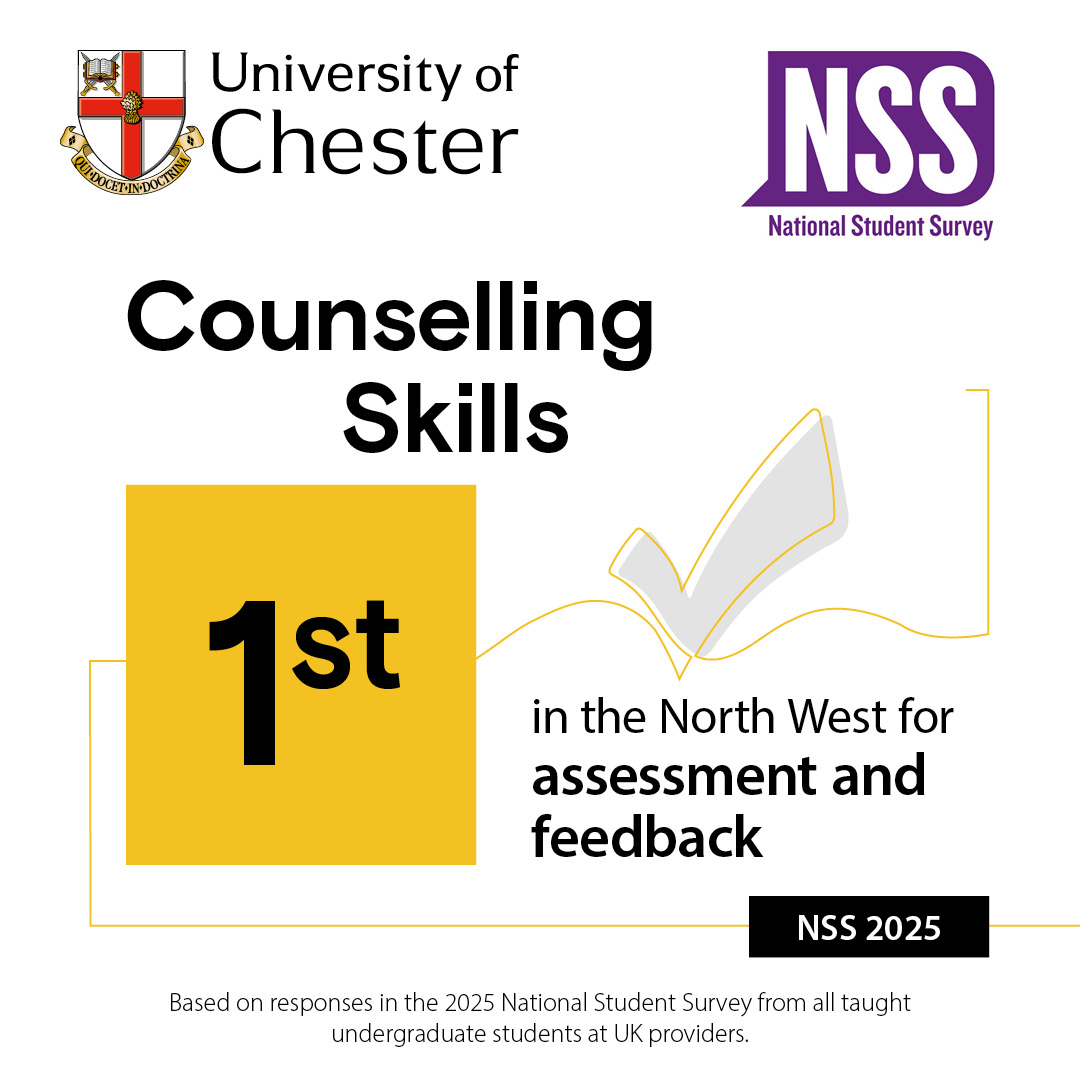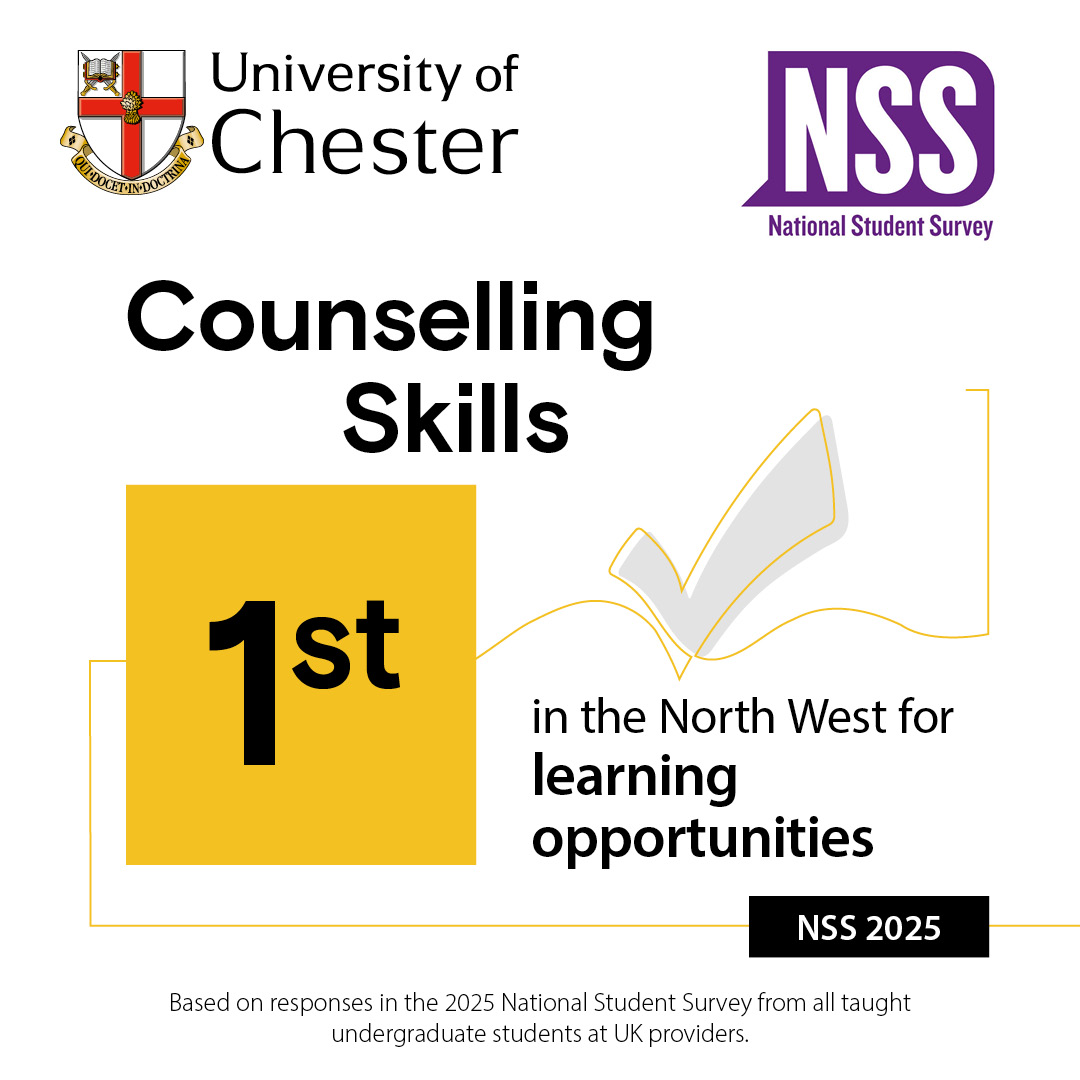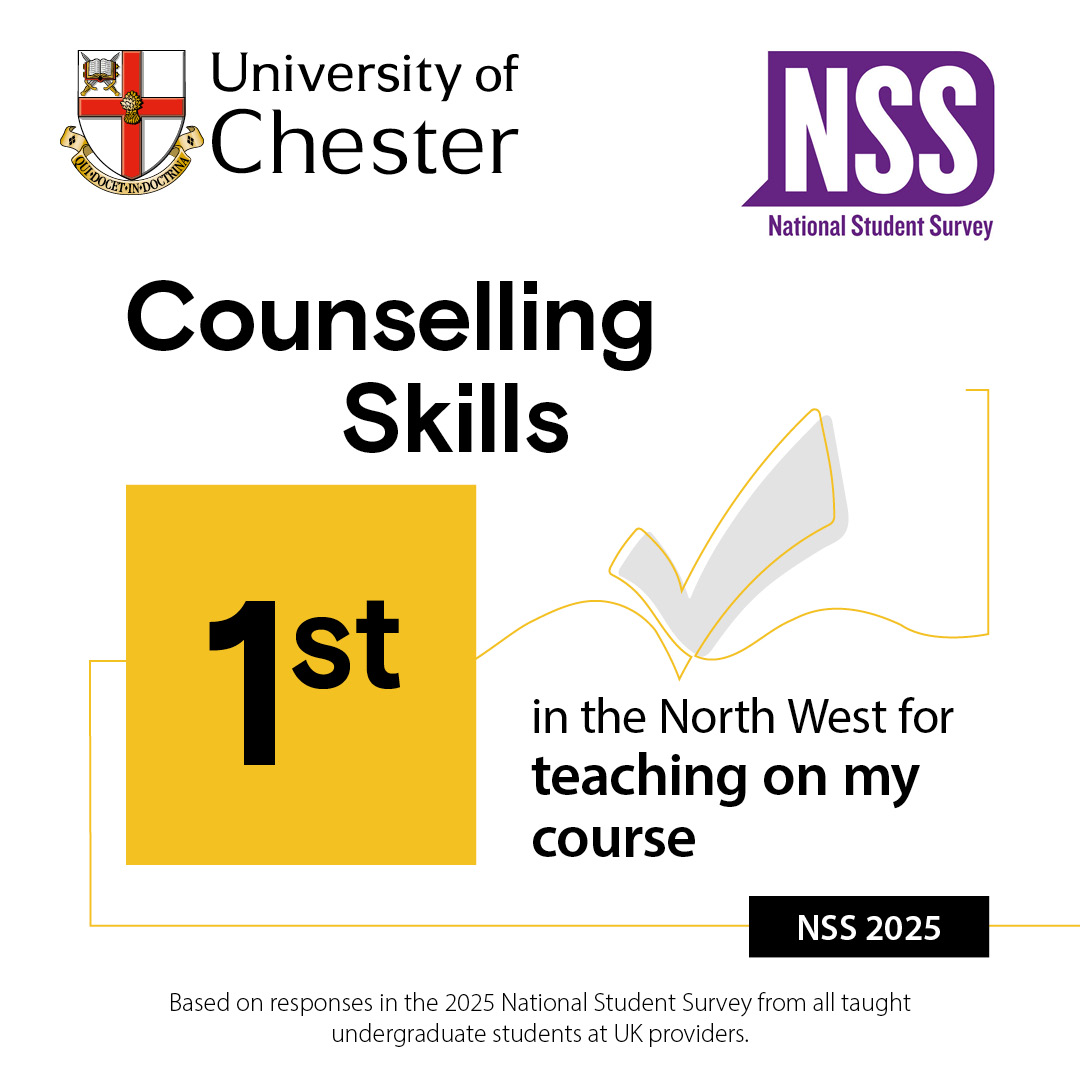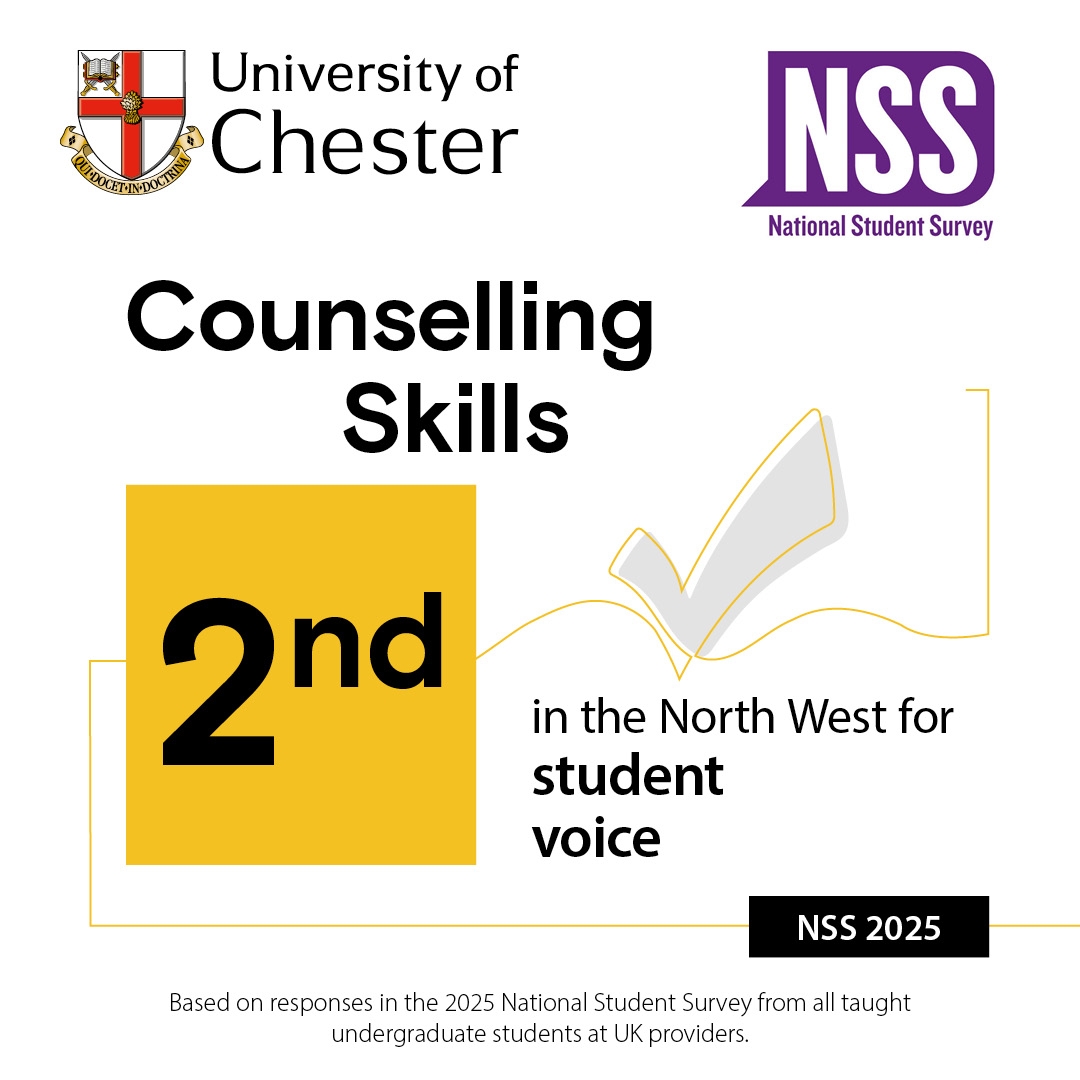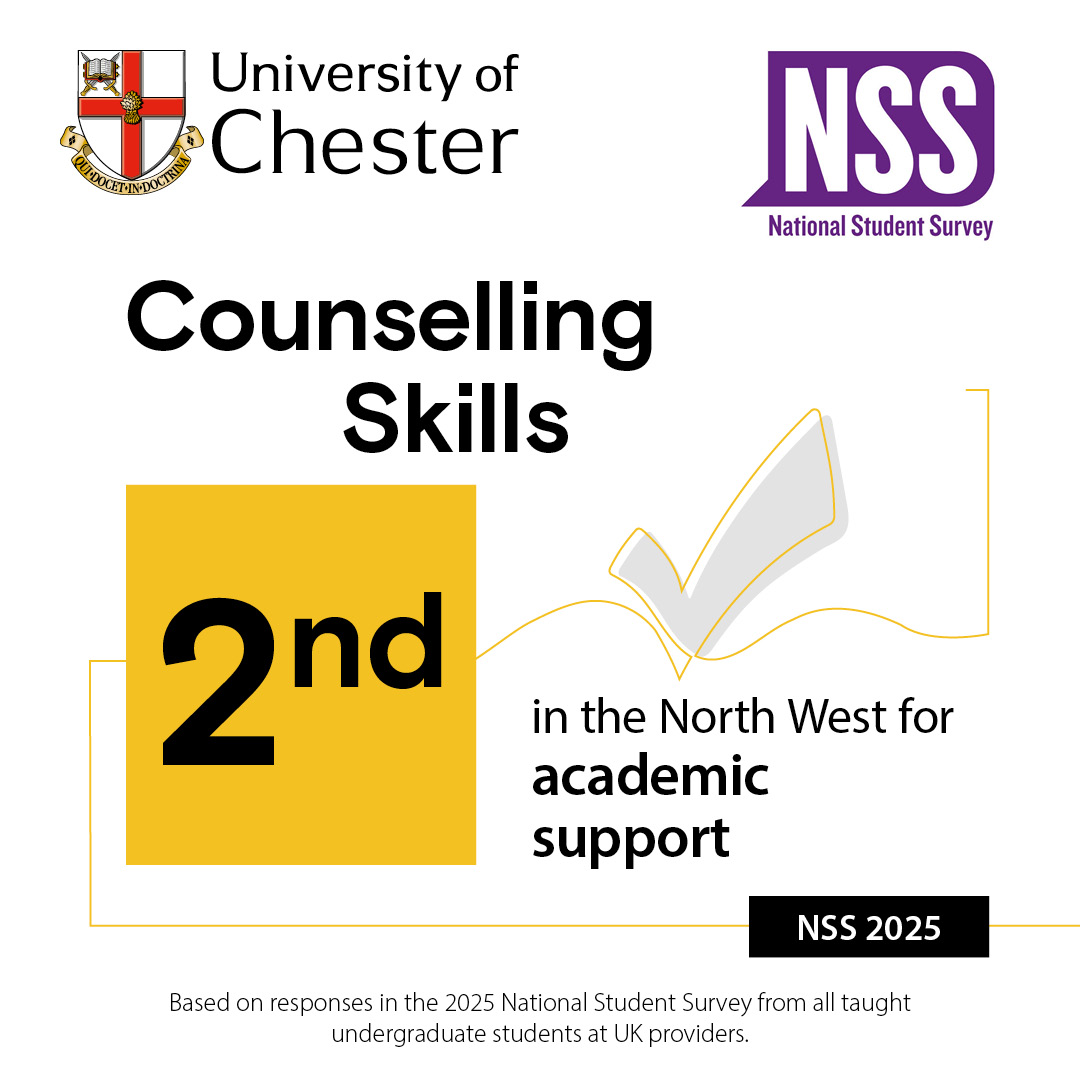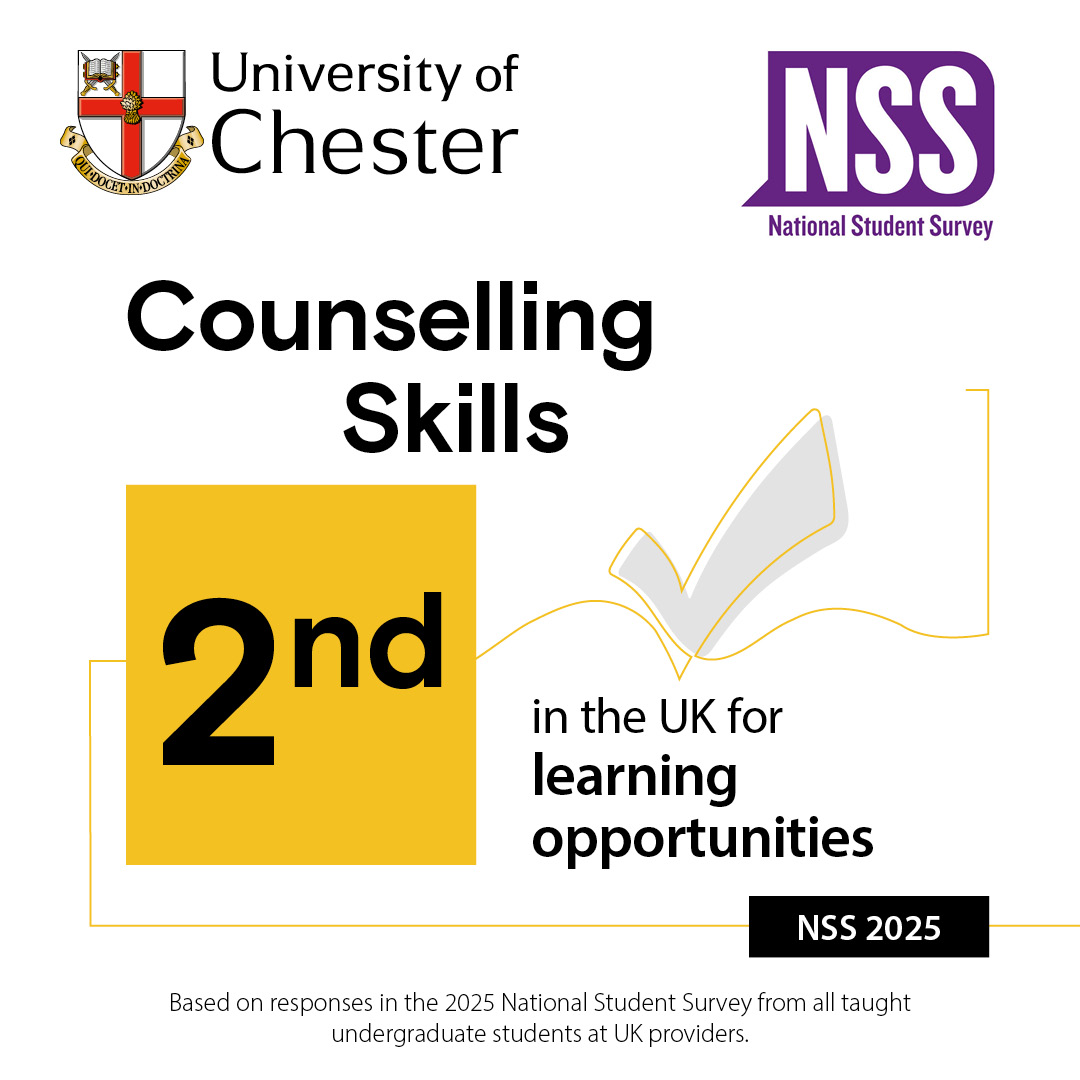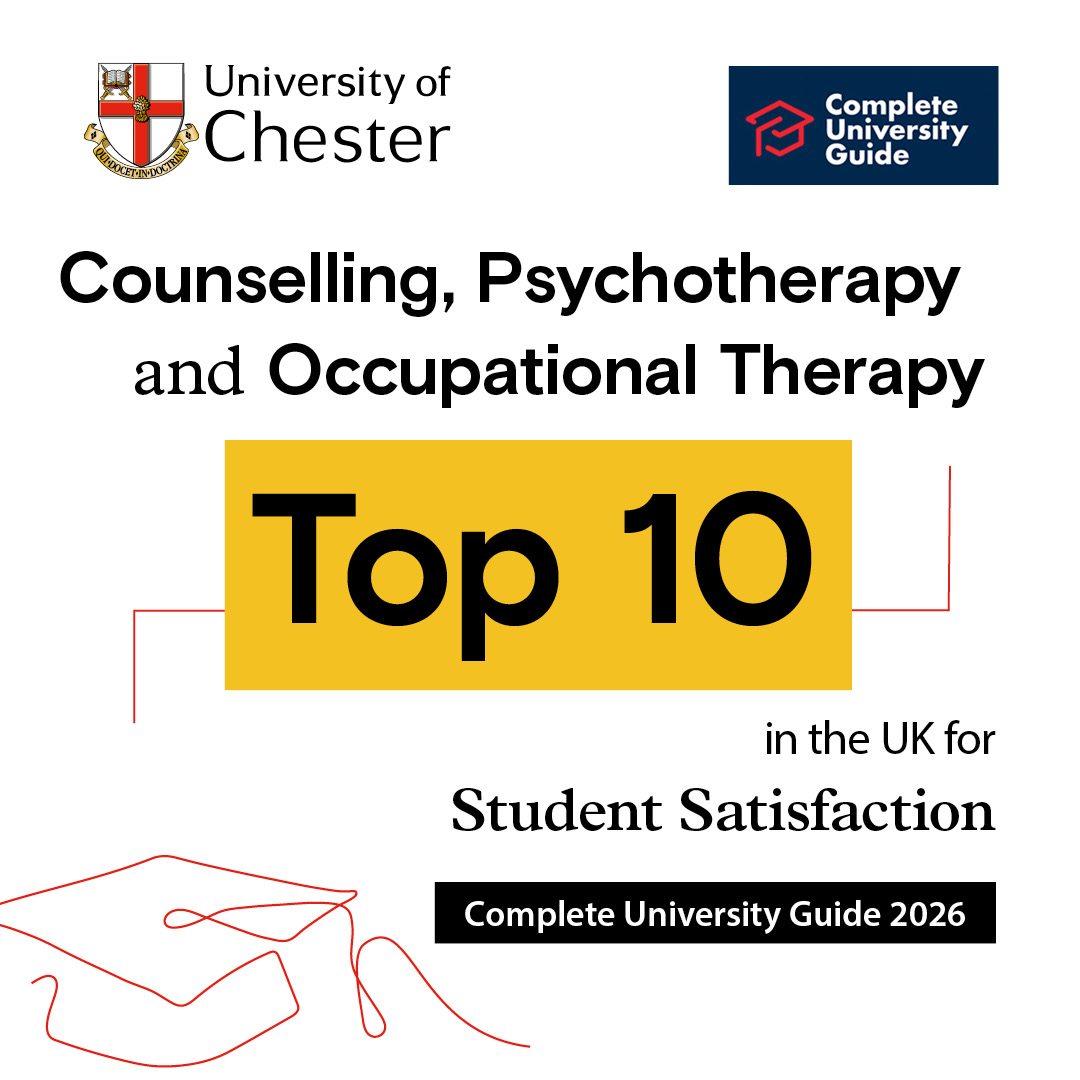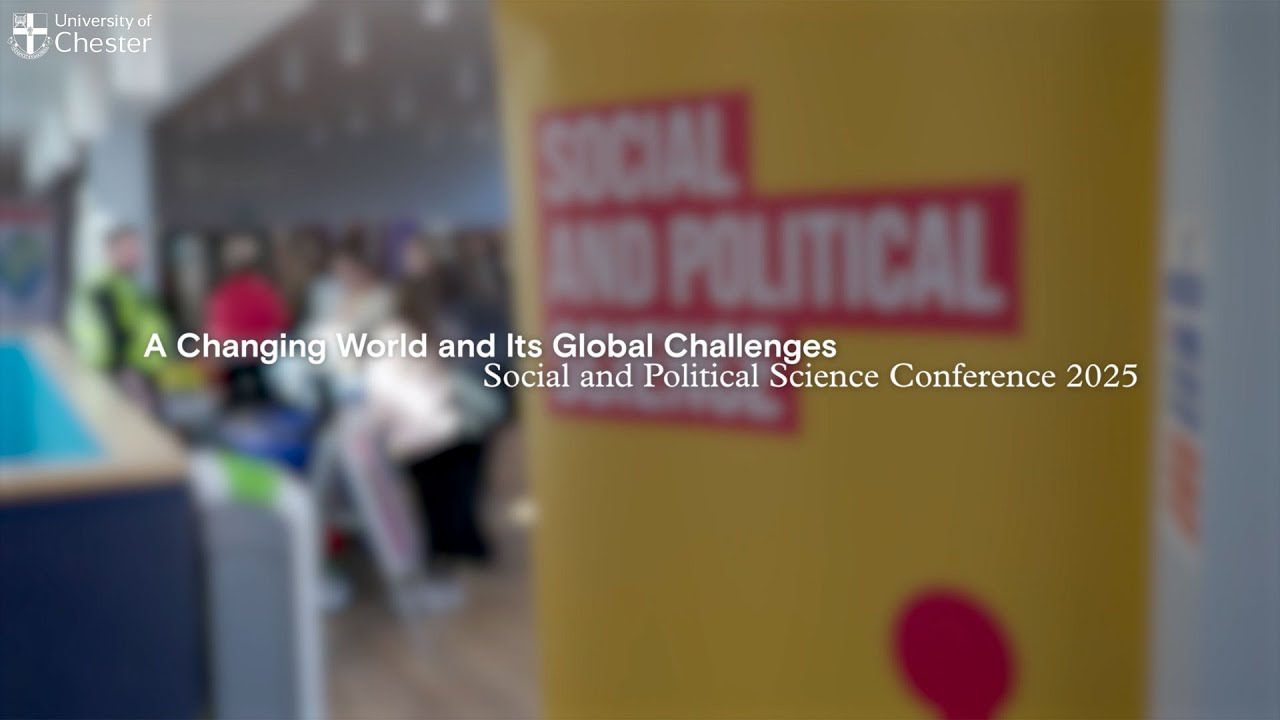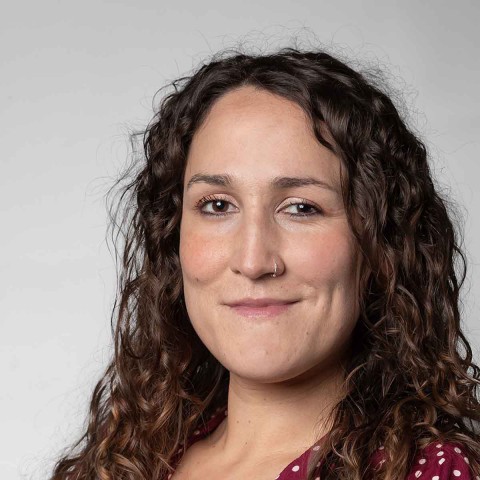This course is delivered in three terms of ten weeks each. In each term, you will study 40 credits comprising either one or two modules. Scheduled contact hours range between approximately six and ten hours per week, depending upon level of study and the complexity of the material being taught. This course is primarily delivered in-person, with some online learning. You can expect to take part in interactive sessions comprising lecture content, task-based workshops and peer-led seminar discussions that enhance subject knowledge and build core skills.
As a student, you will be involved in the design, delivery, and experience of your learning at university, recognising the importance of student agency and co-creation in education. Opportunities to collaborate in your learning process include student representation; feedback; inclusive teaching initiatives (such as workshops or discussions around making the curriculum more inclusive, where your input is crucial); student-led workshops and seminars; collaborative curriculum design; peer teaching; access to digital platforms where you can share resources; project-based learning (such as coursework projects where you will have choice over the topic); being part of a learning community with your fellow students; and having input into how these communities are structured and operate.
Outside of timetabled teaching, you should expect to spend an average of 30-34 hours per week on independent study, which might include undertaking weekly learning activities for each module in your own time, undertaking wider reading, using the University's library, one-to-one tutorial time with staff, working with peers, and preparing work for summative assessments.
There will be a broad range of assessment methods to optimise learning and skill development for a diverse range of learners with unique needs and preferences, and to enable you to build a wide array of skills to thrive in the workplace. These will include formative assessment such as group tasks and discussions where you can receive feedback from lecturers and your peers to build your confidence and skills. Summative assessment will include written coursework, such as essays (short and long form, case study reports, and writing for public as well as academic audiences. In addition, summative assessment will focus on visual, verbal and practical skills, encompassing, for example, presentations and recordings of counselling skills practice.
You will be given ongoing support with assessments throughout each module, in addition to being guided on how to utilise past feedback. We continuously review the assessment methods used, to ensure they are inclusive and engaging, and so that they equip you with all of the skills that graduate-level employers are looking for.
All teaching is delivered by experienced academics and practitioners, with the fundamental principles of the Chester Future Skills Curriculum at its core – building your subject competence, confidence, and key transferable skills to shape you into a world-ready Chester graduate.
